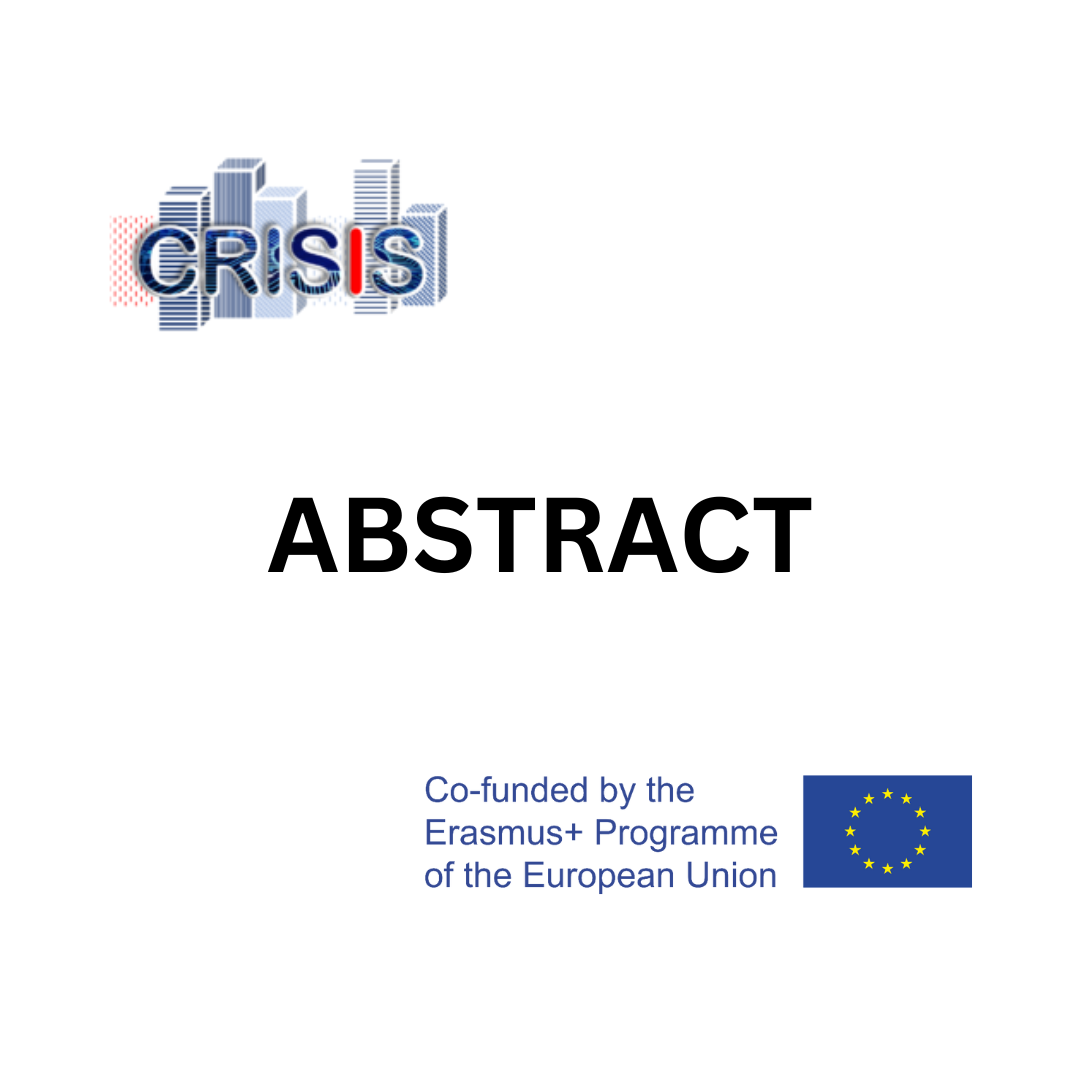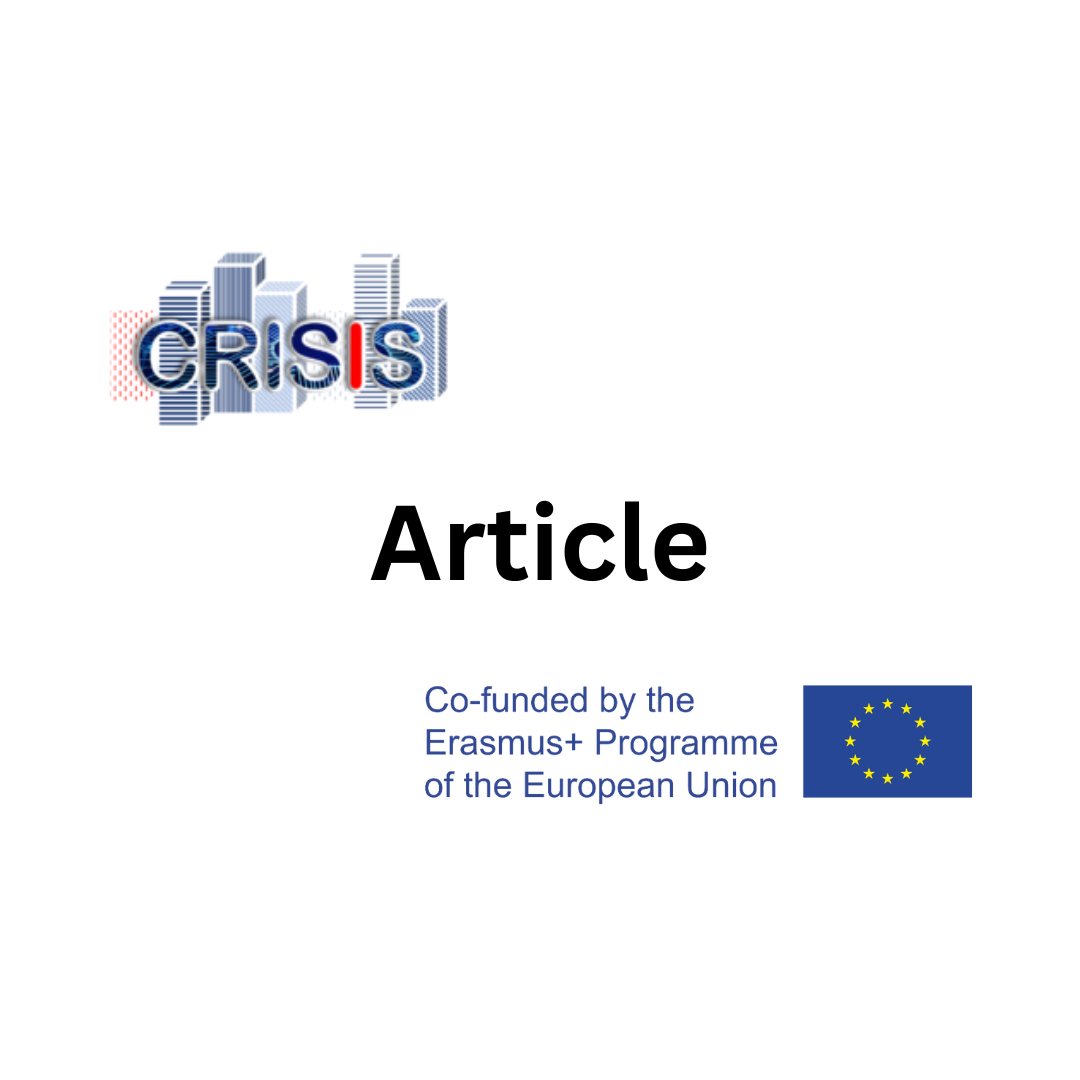How can Smart Cities be transformed through Digital Innovation
Francisco Silva ([email protected])
University of Minho
In the dynamic landscape of urban development, the emergence of Smart Cities stands as a testament to technological advancement and innovation. Cities, teeming with growing populations and constantly evolving technology, face the challenge of seamless integration. This integration involves not only the incorporation of cutting-edge technologies like cloud computing, data analytics, Internet of Things (IoT), artificial intelligence, and machine learning but also necessitates the careful consideration of ethical implications and the active engagement of citizens.
Smart Cities, at their core, rely on the strategic fusion of technology and citizen participation. Digital transformation involves the integration of technologies into fundamental sectors such as transportation, healthcare, energy, and water management. These technologies, ranging from cloud computing to IoT devices, empower cities to collect, analyze, and utilize data effectively. However, this technological leap is accompanied by ethical quandaries, particularly concerning the security and privacy of citizen data.
Partnerships between public and private entities emerge as catalysts for overcoming challenges in the Smart City journey. Collaborations provide the expertise, resources, and financial support necessary to navigate barriers and establish robust digital ecosystems. These alliances are instrumental in crafting policies and processes that ensure the effective utilization of digital technologies, fostering innovation while safeguarding citizen interests.
Amidst the rapid digitization, citizen engagement takes center stage. Methods like crowdsourcing and hackathons empower citizens, giving them a direct stake in the decision-making processes of their cities. By actively involving citizens, cities not only gather valuable insights but also nurture a sense of ownership and confidence among the populace. This engagement acts as a linchpin, bridging the gap between technological progress and community well-being.
In conclusion, the evolution of Smart Cities hinges on the synergy of technology, ethical considerations, and citizen involvement. By embracing these interconnected facets, cities can pave the way for a future where innovation thrives, citizens are actively engaged, and urban landscapes seamlessly integrate technology to enhance the quality of life for all.
Keywords: Smart Cities, Urban Digital Transformation, Citizen Engagement, Ethical Implications, Technological Integration
ACKNOWLEDGMENTS
This work was supported by the Erasmus+ KA2 under the CRISIS project “Competences for Resilient Smart Cities’ Staff” (Project No.: 2021-1-EL01-KA220-HED-000032257)



